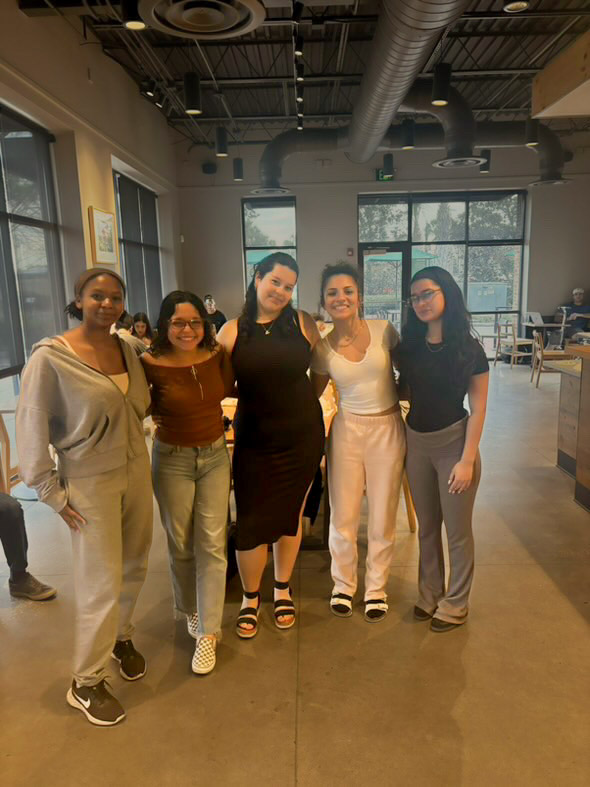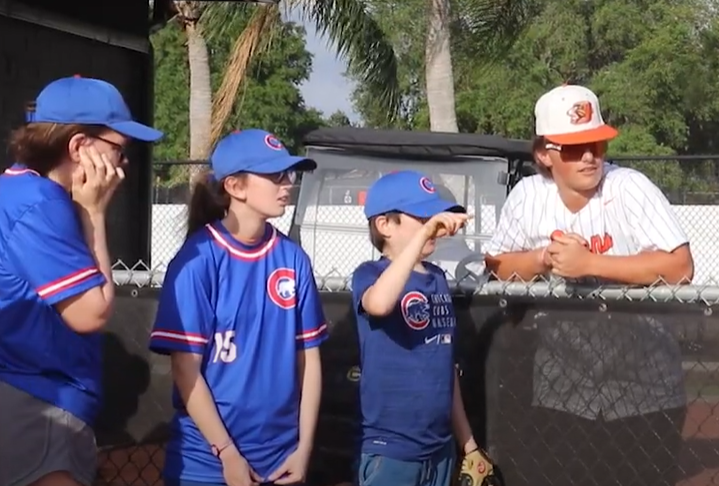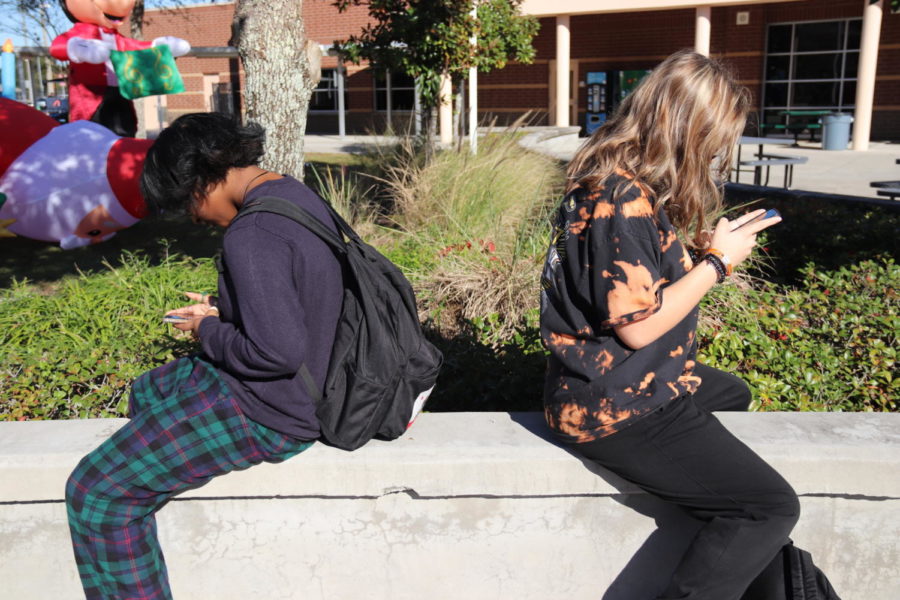Quarantine’s effect on socialization
After months of quarantine, teens have a harder time socializing in person.
WEB EXCLUSIVE
The effect of COVID-19 left millions of people in a catastrophe. Loved ones suffered painful deaths by their lonesome in isolated hospital beds. Workers went unemployed and were unable to put food on the table for their children. Families and friends were separated, not being able to merely hug or see each other’s faces unless through a screen for an entire year.
It was a devastating period, economically and socially. Though a much less talked about aspect of the virus’ effect on society is the time socially-developing teenagers lost due to a necessary quarantine.
“Social patterns like approaching people have changed a lot,” said junior Jesreel Cruz. “And because of that, teenagers have missed out on a lot of important time that would’ve given them those communication skills that are needed to interact with society.”
This time spent alone has led to a lack of social skills in teens. It’s been more difficult to make friends and caused school to be even more exhausting—though while there have been many negative effects from this period of isolation, not all of it was unwelcome.
“I had time to reflect on who I really was and not who I was pretending to be,” said junior Amelia Rodriguez. “It gave me room to think for myself about what I really wanted and not what other people told me I should do or want.”
A year spent alone allowed adolescence to be more in tune with themselves and discover things they otherwise wouldn’t have had the time to learn. For many people, it was a vital stage of self-discovery and acceptance.
“I believe that everyone had time to reflect on themselves more,” said junior Tara McCarthy. “Of course there was bad stuff going on, but there was also a lot of good hidden within that.”
Your donation will support the student journalists of Oviedo High School. Your contribution will allow us to purchase equipment and cover our annual website hosting and printing costs. Thank you!

![Prom king Colin Napier and queen Leah Hopkins dance the night away during the Golden Gala on April 26th. Prior to the prom, the Student Government must make many preparations over the course of months in order to ensure it goes off without a hitch. However, their work eventually pays off when it comes time for the dance. “We set up [the prom] the day before, and it’s horrible. We’re there for a very long time, and then we get our beauty sleep, and then we get ready for prom the next day,” Aubrie Sandifer said.](https://oviedojournalism.com/wp-content/uploads/2025/05/Oviedo-197-800x1200.jpg)






![Hopkins at Honor Grad with golf coach John McKernan. As Hopkins’ golf coach for the last two years he has seen Hopkins’ growth as a player and person along with their contributions to the team. “[Hopkins] has just been really helpful since I took [the golf team] over, just anything I wanted to do I ran by [Hopkins],” said McKernan.](https://oviedojournalism.com/wp-content/uploads/2025/05/B66A7760-800x1200.jpg)





























![Prom king Colin Napier and queen Leah Hopkins dance the night away during the Golden Gala on April 26th. Prior to the prom, the Student Government must make many preparations over the course of months in order to ensure it goes off without a hitch. However, their work eventually pays off when it comes time for the dance. “We set up [the prom] the day before, and it’s horrible. We’re there for a very long time, and then we get our beauty sleep, and then we get ready for prom the next day,” Aubrie Sandifer said.](https://oviedojournalism.com/wp-content/uploads/2025/05/Oviedo-197-400x600.jpg)
![Hopkins at Honor Grad with golf coach John McKernan. As Hopkins’ golf coach for the last two years he has seen Hopkins’ growth as a player and person along with their contributions to the team. “[Hopkins] has just been really helpful since I took [the golf team] over, just anything I wanted to do I ran by [Hopkins],” said McKernan.](https://oviedojournalism.com/wp-content/uploads/2025/05/B66A7760-400x600.jpg)




